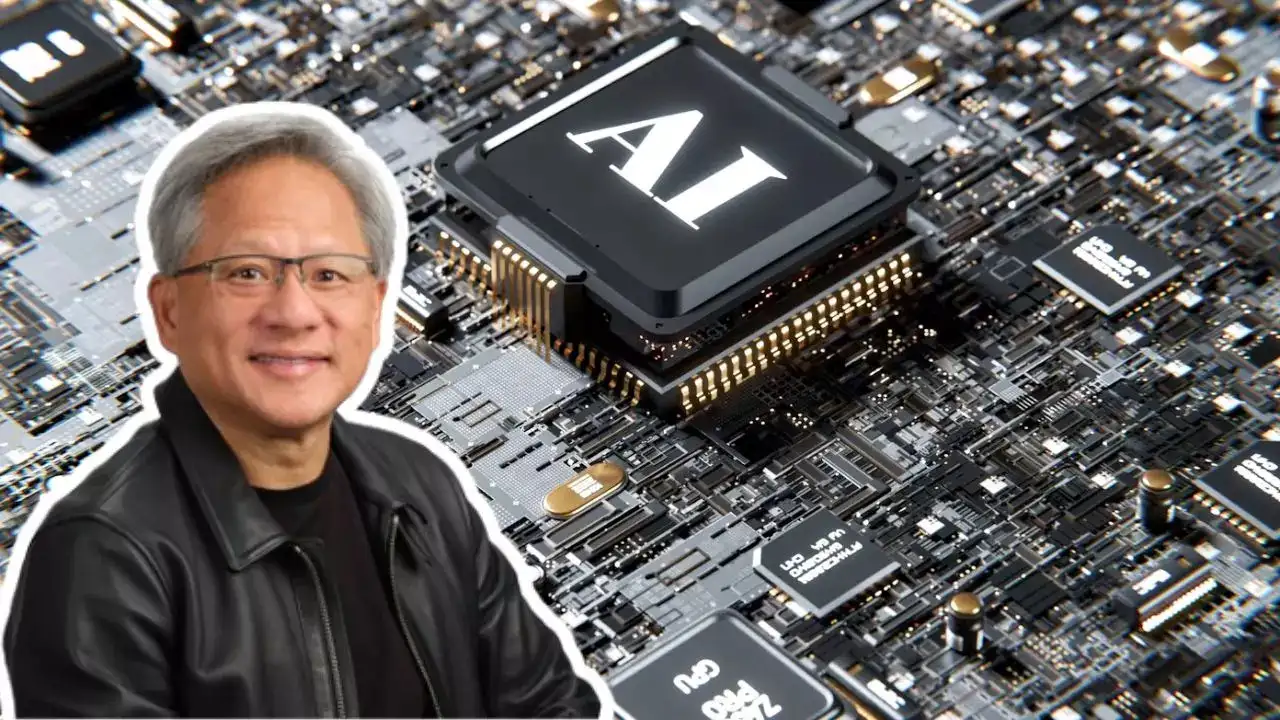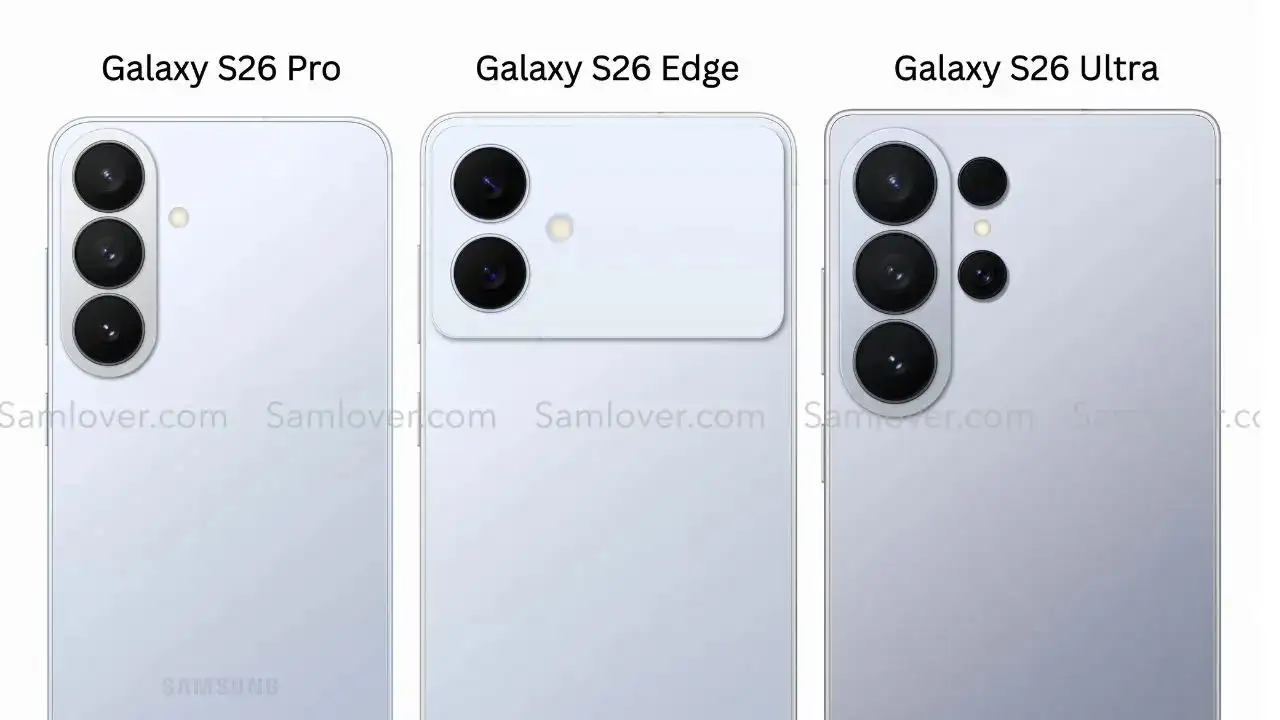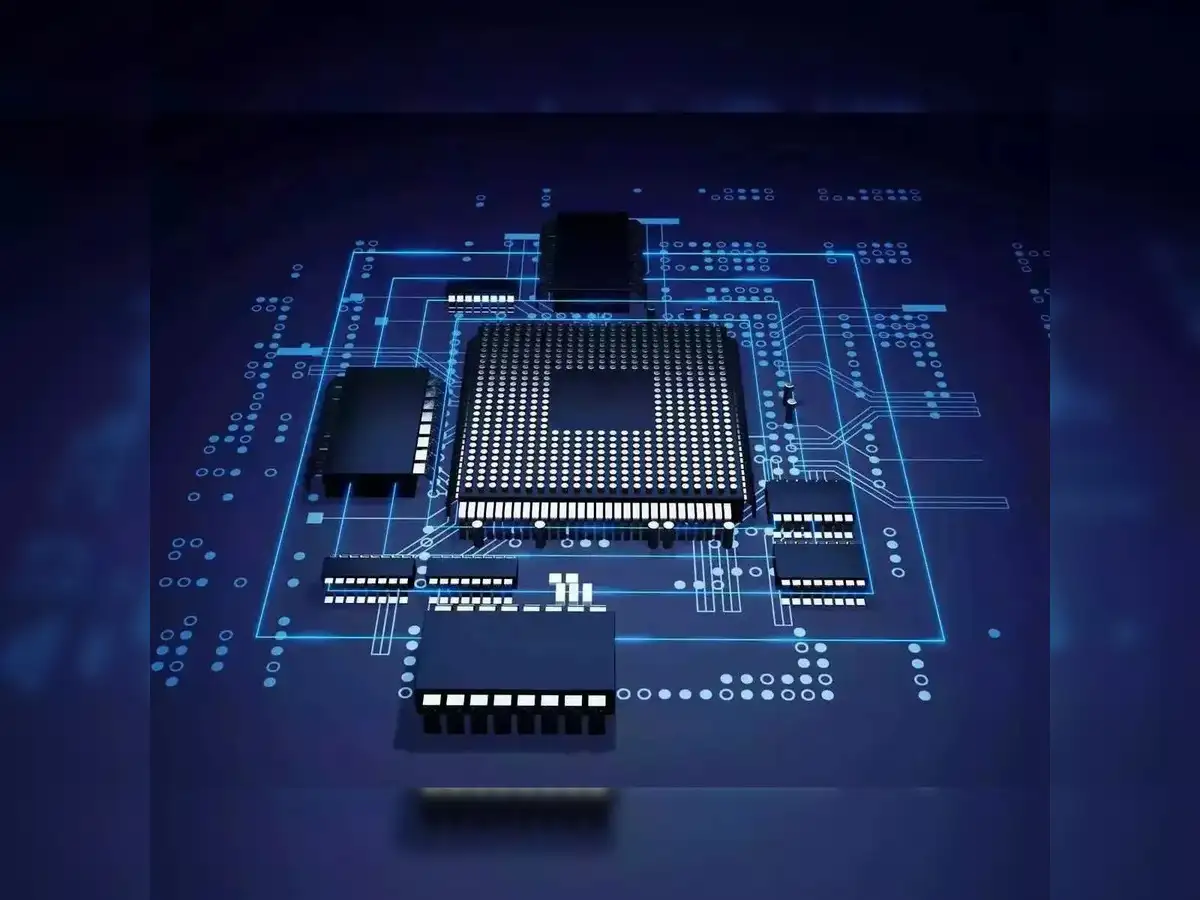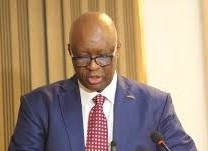Why Trump’s H-1B Visa Fee Hike Could Be A Double-Edged Sword: Nvidia CEO Lists 4 Ways It Could Backfire
By Anurag Kumar
Copyright timesnownews

Nvidia CEO Jensen Huang has welcomed President Donald Trump’s sweeping overhaul of the H-1B visa program but cautioned that the steep new $100,000 application fee could have unintended consequences, potentially deterring global talent and pushing tech investment outside the United States. Speaking on the BG2 Pod podcast on Friday, Huang described Trump’s policy changes as “a great start” that tackle illegal immigration and curb visa misuse. But he warned that the sharp cost increase “probably sets the bar a little too high” and might discourage foreign students from pursuing opportunities in America. The Taiwan-born executive, who often cites his own life story as the embodiment of the American dream, underscored the critical role immigration plays in sustaining US leadership in technology and innovation. “Smart people’s desire to come to America and smart students’ desire to stay, those are what I would call KPIs,” Huang said, referring to key performance indicators for the nation’s future success. High Costs Could Hurt Startups, Shift Investment Abroad Huang agreed with tech investor and podcaster Brad Gerstner that the hefty new fee risks tilting the playing field in favour of deep-pocketed tech giants, leaving startups at a disadvantage in the competition for global talent. He warned the policy could “prompt increased investment outside the US” and reshape international talent flows if smaller companies struggle to bear the cost. The Nvidia chief also addressed concerns about Chinese researchers in the context of US–China competition, urging policymakers to avoid conflating geopolitical rivalry with individual opportunity. “We need to make sure that that slippery slope isn’t crossed,” he said. ‘Brightest Minds’ Key to America’s Future Reinforcing his stance in a separate interview with CNBC on Monday, Huang said America must continue to attract the world’s top talent if it wants to stay ahead. “We want all the brightest minds to come to the United States. Remember immigration is the foundation of the American dream, and we represent the American dream,” he told the network, while reiterating support for Trump’s broader efforts to reform the immigration system. 4 Reasons Why The Move Could Backfire Deterrence of Global Talent – The steep fee “probably sets the bar a little too high” and could discourage foreign students and skilled workers from pursuing opportunities in America.Disadvantage for Startups – High costs will tilt the playing field toward big tech companies that can afford visa sponsorships, leaving startups struggling to compete for global talent.Shift of Investment Overseas – If startups and smaller firms can’t hire talent in the US, Huang warns the policy could “prompt increased investment outside the US” and reshape global talent flows.Risk of Losing America’s Innovation Edge – Immigration is a key driver of US leadership in technology. Reduced inflow of the “brightest minds” could weaken America’s innovation ecosystem and long-term competitiveness. Nvidia employed 1,519 H-1B visa holders out of 36,000 employees worldwide at the end of fiscal 2025, making it one of the largest US tech employers of foreign talent, according to a Business Insider analysis. The White House clarified earlier this month that the $100,000 fee will apply only to new visa applications and not to renewals.



